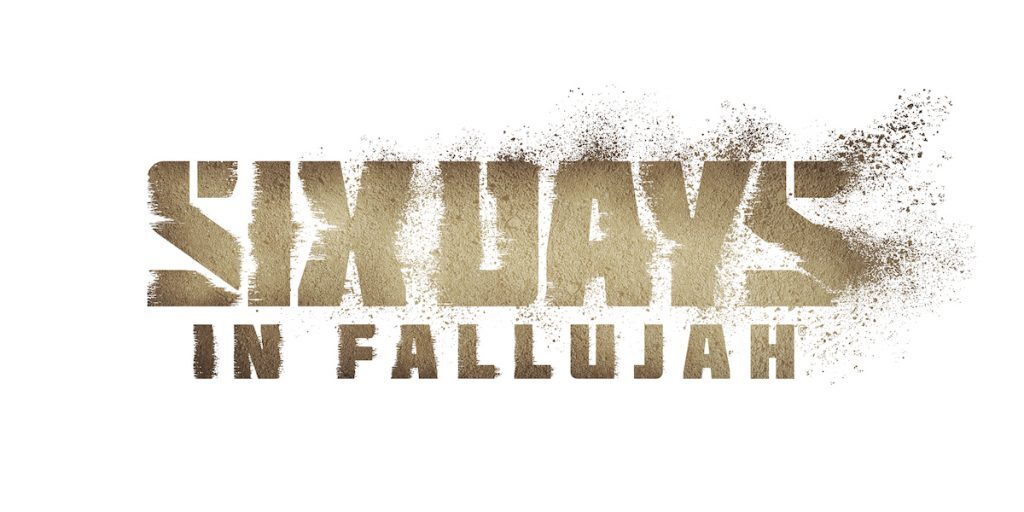As redundant as is sounds to say it, video games have come a long way as a story-telling medium.
Once upon a time game narratives were simply ‘get the girl and kill the baddies’. Then came space operas, comedies, dramas, fantasy epics, horror stories and more; video games can now tap into the need us humans have for a good yarn across myriad genres.
Some take their cues from cinema classics. Some ape the format of high-end TV shows. Some of them have even riffed on classic literature like Heart Of Darkness, Atlas Shrugged and Dante’s Inferno.
This has proven to be a double-edged sword for game developers and how they tell stories. Now that everyone has advanced from the narrative bare-necessities in the original DOOM, questions arise when a game sets out its stall around events that are based around real-world events – especially when those events occurred under more than questionable circumstances and brought with them very real human costs.
Which brings us neatly to the recent game reveal video for Six Days In Fallujah that has a lot of the gaming media and a significant chunk of the internet up in arms.
A game and a story mired in controversy
If you’ve never heard of it, Six Days In Fallujah is a tactical first-person-shooter (FPS) set during the second Iraq war, centred on a team of US soldiers who took part in the second battle of Fallujah in 2004.
It was a joint operation involving US, Iraqi and British armed forces and was aimed at clearing the city of Islamic insurgents, which – according to Britannica – had “become a stronghold of the deposed Saddam Hussein’s Baath Party”. The plan – approved by the newly installed Iraqi government – was essentially to encircle the city and wipe out the insurgents.
Six Days In Fallujah has been mired in controversy since its initial announcement back in 2009. Questions have been asked about its appropriateness, its handling of the narrative and the fact that the battle itself – as well as the whole war it was a part of – should be the subject of a video game in the first place.
The controversy became so heated that its original publisher, Konami, dropped it. Its second publisher went bankrupt in 2011. It’s slated for release this year through Highwire Games.
This may explain the PR push its developers are attempting through the exclusive reveal on IGN, which has set the internet on fire for all the wrong reasons.
It’s been labeled Islamophobic, a ‘War Crime Game‘ and ‘complicated and painful’ on the very site that bagged the exclusive reveal. These are pretty damning indictments and the main bone of contention seems to centre on how the developers have handled the story behind the events that lie at the heart of their game.
Telling a fair story
Taking nothing away from the trials that the US troops endured in the second battle of Fallujah – you can check out the above video for evidence it was a horrible experience for those involved – Six Days In Fallujah seems to be telling a one-sided story. At least, on the evidence contained in the reveal trailer.
There are no interviews with the citizens who went through the same battle – a battle that, according to the Red Cross, saw around 800 civilians killed (the US forces had stopped tallying civilian casualties quite a long time before that). Civilians, who incidentally, were prevented from leaving Fallujah as the battle kicked off.
This, incidentally, is before outside observers start taking sides on the political spectrum. Depending on your leanings, the US troops were doing their best to stabilise the region. Or they were kicking in the doors of frightened families who were just trying to get by. Or they had no business being in Fallujah in the first place.
These are questions that undoubtedly deserve a discussion at the very least. The game’s developers don’t seem interested in addressing them. Even the game’s title – Six Days In Fallujah – seems frivolous giving the events that transpired in 2004. US troops – the ones that made it – may have made their way home in one piece with traumatic experience that could follow them the rest of their lives. Believe it or not, there are people still living in Fallujah. That city is their home. And they’re nothing but bots in this game.
The second battle of Fallujah isn’t a ‘goodies Vs. baddies’ story. It’s a complex, violent and largely tragic part of human history. It deserves more than what has been shown by the developers.
Perhaps there is more to see. But if there isn’t, perhaps these developers aren’t the right people to tell this story. Perhaps the gaming medium isn’t ready to tell a story like this yet. Perhaps the gaming audience isn’t ready for it.
Perhaps we all need to try harder.




